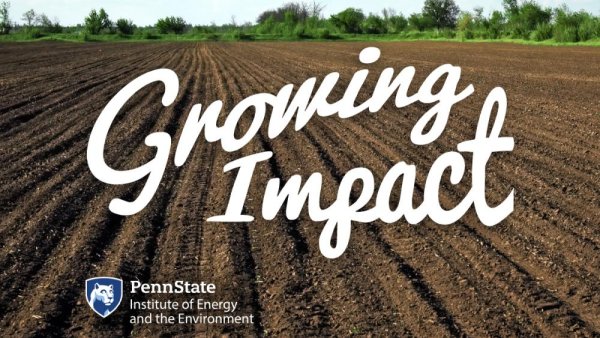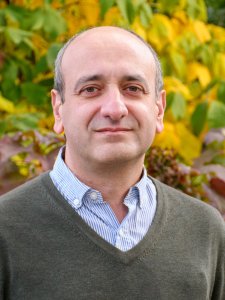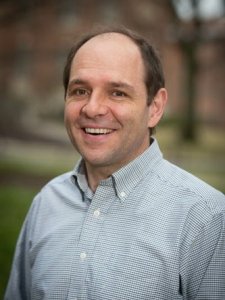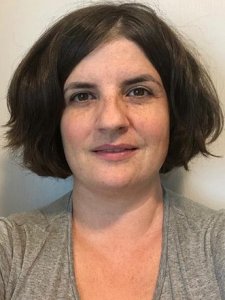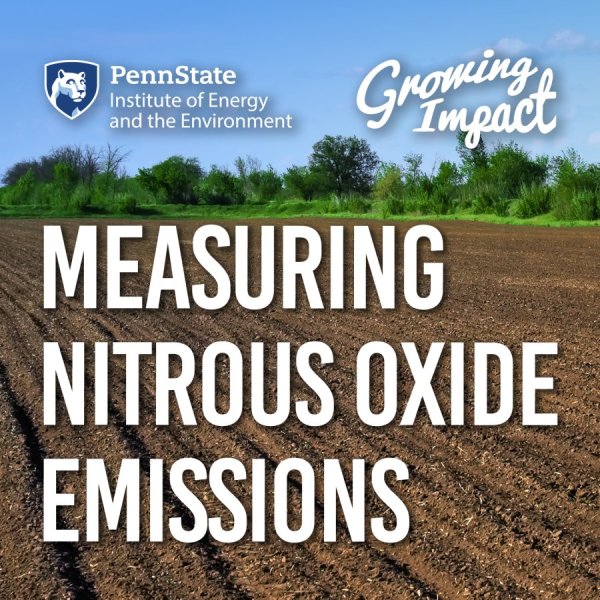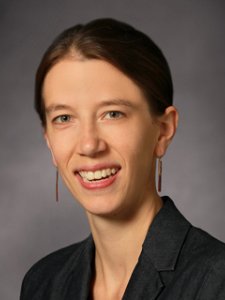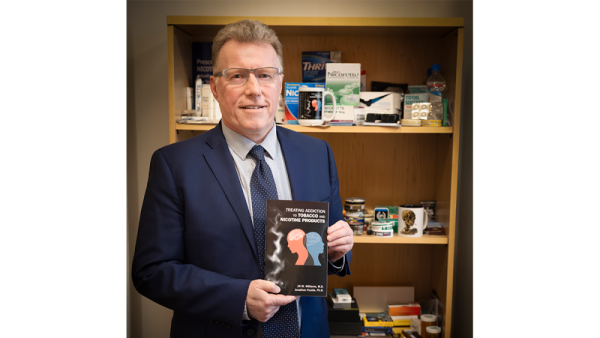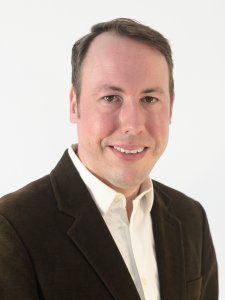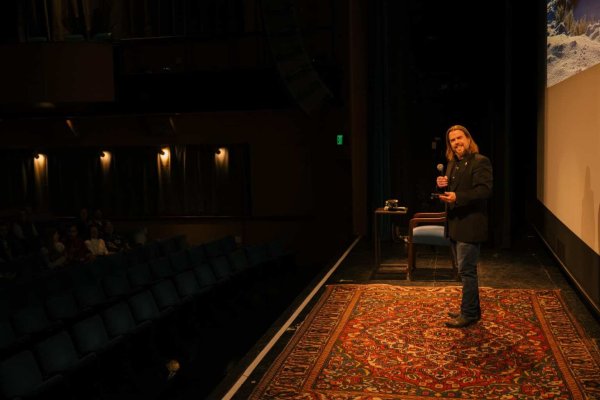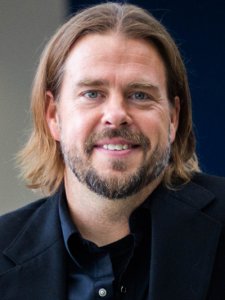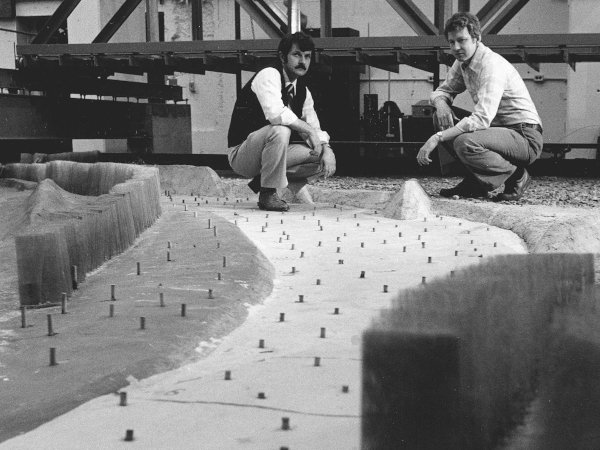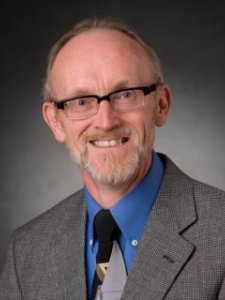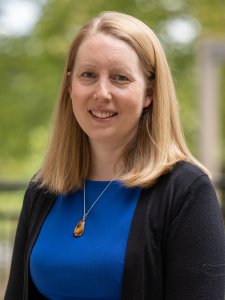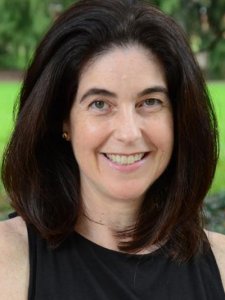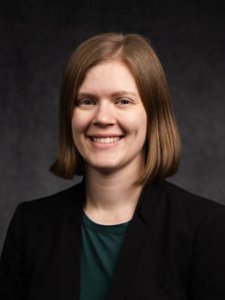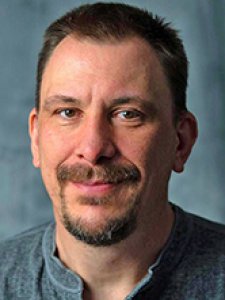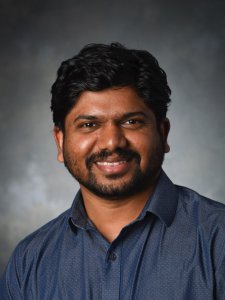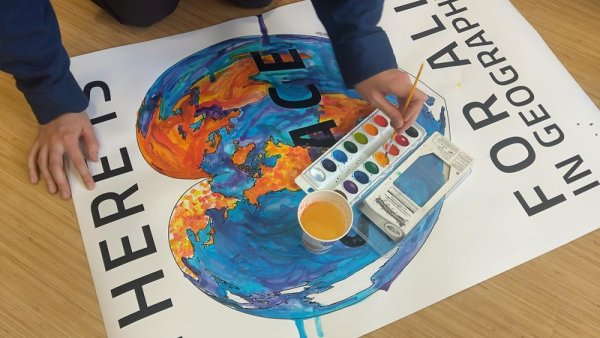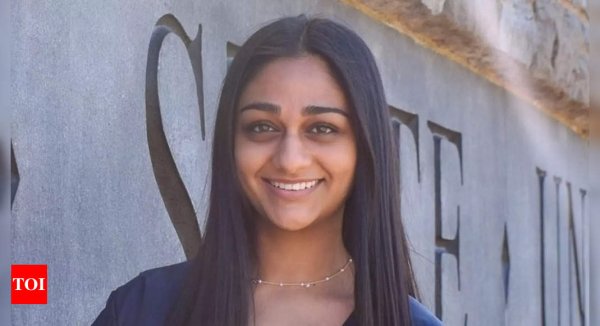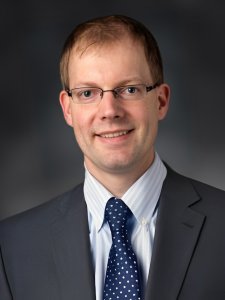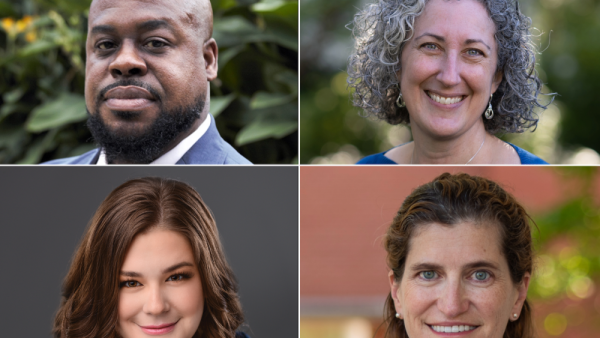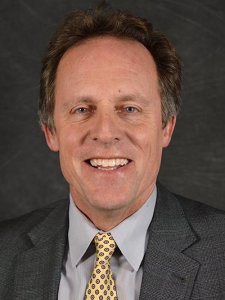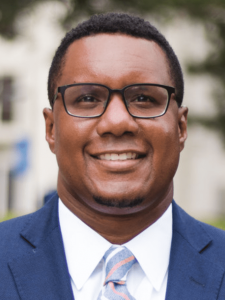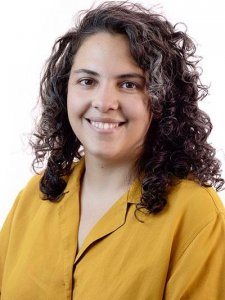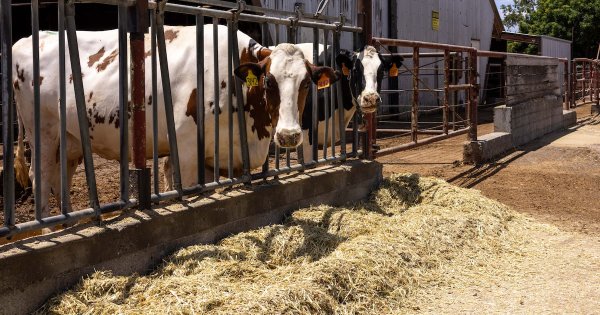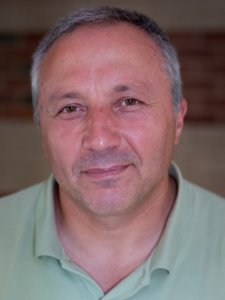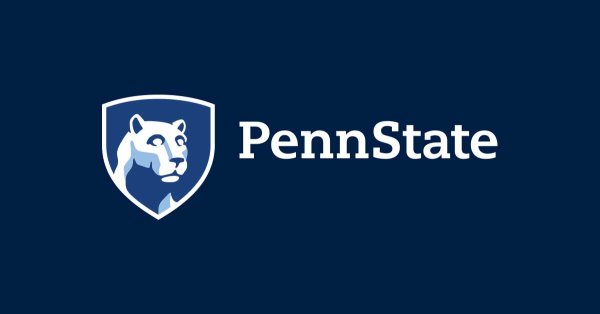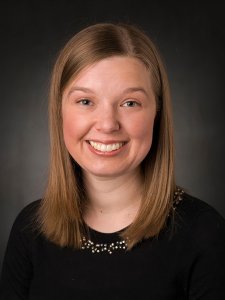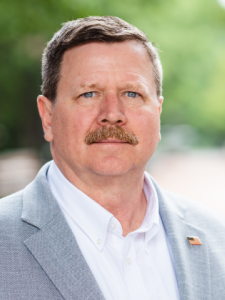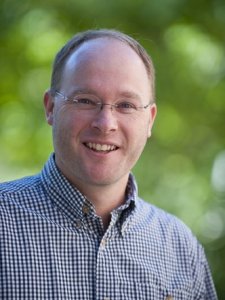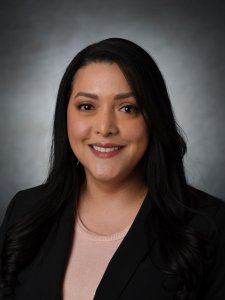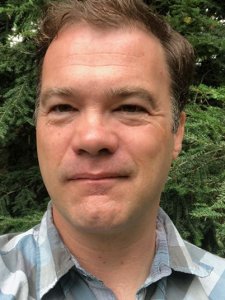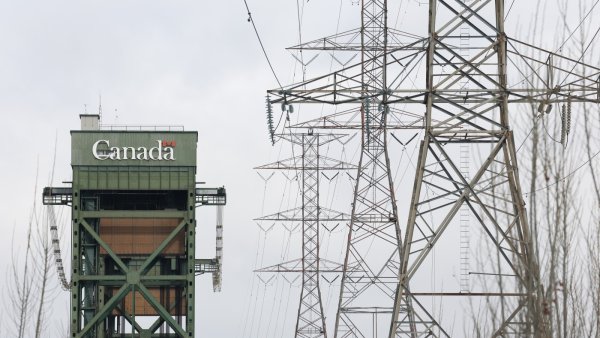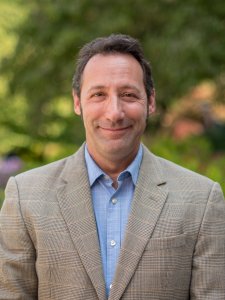IEE faculty, staff, and projects in the news
Researchers working to address agricultural greenhouse gas emissions
| psu.edu
On the latest episode of “Growing Impact,” a team of Penn State researchers discusses how their seed grant project aims to address nitrous oxide emissions from the agricultural sector.
Mentions
Seed Grant Projects
Growing Impact: Measuring nitrous oxide emissions
Nitrous oxide is a potent greenhouse gas with nearly 300 times the warming potential of carbon dioxide, making even small emissions highly impactful. Agriculture, particularly soil management, is the largest source of nitrous oxide. To better understand and manage these emissions, researchers have developed a system for continuous monitoring on farms and other land management purposes.
Mentions
Seed Grant Projects
Q&A: Effective interventions and policies to reduce tobacco-caused harm
| psu.edu
A proposed rule by the U.S. Food and Drug Administration to limit nicotine in cigarettes and certain other tobacco products would be a major step in addressing the public health concerns of smoking and tobacco use in the United States. Jonathan Foulds, professor of public health sciences and of psychiatry and behavioral health at the Penn State College of Medicine, discussed what the science says about the benefits of lowering nicotine levels in tobacco products and the role of research in public policymaking in this Q&A.
Mentions
Penn State professor Kirk French debuts documentary ‘A Century After Nanook’
| statecollege.com
An audience of nearly 500 filled the State Theatre earlier this month to learn about the Inuit of Inukjuak in the premiere of the documentary “A Century After Nanook.” This article features a presentation given by Kirk French, assistant professor of anthropology and film production/media studies
Mentions
-
Kirk French
-
Sarah Samisack
 Sarah Samisack
Sarah Samisack -
Neal Hutcheson
 Neal HutchesonVideographer, Life and Language Project, North Carolina State University
Neal HutchesonVideographer, Life and Language Project, North Carolina State University
IEE then and now
As we celebrate the start of our 63rd year this month, we’re taking a look back, literally, at the Institute of Energy and the Environment—its history, its evolution, and how its work has changed over time. From early research efforts to today’s interdisciplinary approach to energy and environmental challenges, the institute continues to adapt and grow.
Mentions
-
Bruce Logan
-
Thomas Litzinger
Assistant Dean for Educational Innovation and Accreditation, College of Engineering -
Jacqueline O'Connor
-
Hlengilizwe Nyoni
Assistant Research Professor, Energy and Environmental Sustainability Laboratories -
Lisa Emili
-
Kaleigh Yost
-
Peter Stempel
-
Cibin Raj
Penn State GeoGraphics Lab to host inaugural Community Mapping Day
| psu.edu
The Penn State Department of Geography’s GeoGraphics Lab will host its first Community Mapping Day on April 5 in the Walker Building at University Park. The event, free and open to the public, runs from 9 a.m. to 7 p.m., with an optional breakfast at 8 a.m. Participants, including students, faculty and community members, will have the opportunity to engage in hands-on mapping, geospatial storytelling and collaborative problem-solving focused on sustainability and local climate action.
Seed Grant Projects
Meet Divya Tyagi, the Penn State student who cracked a 100-year-old wind energy equation, boosting turbine efficiency
| timesofindia.indiatimes.com
Divya Tyagi, a Penn State engineering student, has cracked a 100-year-old wind energy equation, refining Glauert’s classical model and significantly improving wind turbine efficiency. Her research, published in Wind Energy Science, introduces a simpler method that incorporates thrust and bending moments acting on rotor blades, offering a new path to better turbine designs. Her findings, based on calculus of variations, could lead to a 1% efficiency increase in wind turbines, with broader implications for renewable energy.
Mentions
Three deans co-host research scholarship and land grant impacts event March 24
| psu.edu
Three Penn State deans are co-hosting an event focusing on the role of the University as Pennsylvania’s land-grant institution, the similar role of U.S. land-grant universities and the impacts of scholarly research they produce. “Research Scholarship and the Land Grant Mission: Why It Matters in Turbulent Times” is scheduled for 5:30 to 7:30 p.m. on Monday, March 24, in Foster Auditorium, Paterno Library, at Penn State University Park.
Mentions
The Colorado River crisis: Water shortages, climate change, and sustainable management
The Colorado River faces challenges from overallocation, climate change, and rising demand, but ongoing conservation efforts, innovative management strategies, and collaboration are helping to ensure its sustainability for the millions who depend on it.
Scientists may have found a radical solution for making your hamburger less bad for the planet
| adn.com
Scientists are studying how to genetically modify the makeup of cows' gut microbiomes to prevent their planet-warming methane emissions. This article quotes Alexander Hristov, Distinguished Professor of Dairy Nutrition.
Mentions
Ag Sciences research institute SAFES funds projects addressing critical issues
| psu.edu
Penn State’s College of Agricultural Sciences, through its Institute for Sustainable Agricultural, Food and Environmental Science, known as SAFES, announced funding awards to accelerate the advancement of its Critical Issues Initiatives.
Mentions
-
Heather Preisendanz
-
Troy Ott
-
Neeli Bendapudi
 Neeli BendapudiPresident, Penn State
Neeli BendapudiPresident, Penn State -
Jason Kaye
-
Erika Ganda
 Erika Ganda
Erika Ganda -
Kathryn Bartling
-
Juliana Vasco-Correa
-
Cibin Raj
-
Jon Sweetman
The U.S. buys electricity from Canada. Now it's a focus of the trade war
| npr.org
As a trade war grew this week, Ontario's leader threatened a surcharge on Canadian electricity sold in some U.S. states. The episode highlighted the U.S. reliance on imported Canadian power. This article and National Public Radio segment quotes Seth Blumsack, professor of energy policy and economics.
Mentions

